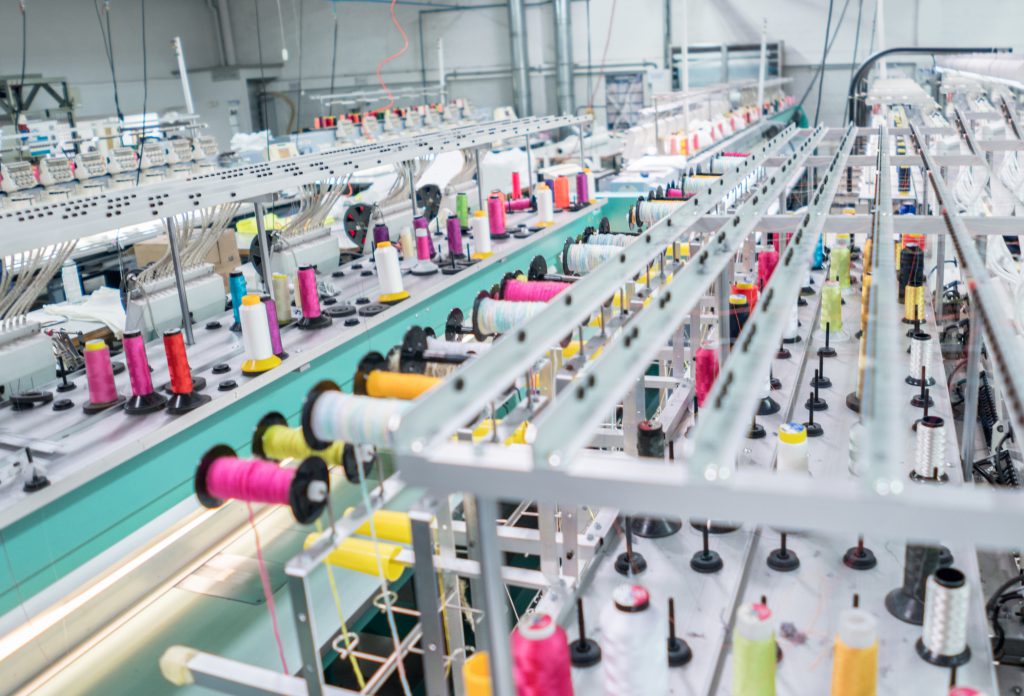Tapestry, Inc., owner of brands including Coach, Kate Spade, and Stuart Weitzman, announced its $8.5 billion acquisition of Capri Holdings Limited, which owns Versace, Jimmy Choo, and Michael Kors. The merger unites storied brands to create “a powerful house of iconic luxury and fashion brands across consumer segments globally,” according to the companies’ joint press release.
The combined company includes 33,000 employees who generated $12 billion in revenue and approximately $2 billion in adjusted operating profit during the previous fiscal year. The all-cash deal is not expected to close until 2024.
The luxury fashion segment has proven resilient during the turbulent years since 2020. The broader apparel, fashion, and luxury sector suffered as the Covid-19 outbreak closed stores and kept shoppers out of storefront long after they reopened. Further, “[c]ost pressures, the accelerated shift to e-commerce, supply chain disruptions, and pandemic-driven changes in consumer patterns” weighed on the sector – but “premium and luxury segments were significant outperformers.”
Luxury brands have long outshone the broader apparel sector, but the trend has accelerated during the last three years. According to McKinsey, three trends have fueled the luxury segment’s strong growth: first, the pandemic not only sent consumer savings rates to all time highs, but also helped shift their spending away from travel and experiences toward luxury goods. In fact, “once restrictions lifted in 2021 and 2022, [consumers] actively engaged in ‘revenge spending’ as consumers sought a reward for life on pause.”
Second, Americans showed increased interest in the segment. While luxury brands traditionally relied European and Asian consumers, the U.S. market jumped as Americans decided to spend their increased savings on these luxury brands.
Finally, consumers’ renewed interest in sustainable shopping has made the quality materials and craftsmanship of luxury apparel more appealing – not only do buyers perceive that the clothes will last longer, but also that the clothes have resale value.
According to one fashion industry analyst, the joining companies’ brands cut across the hierarchy of brands: with Capri Holdings Limited’s Versace at the apex of quality and price alongside Hermes, Chanel, and Dior, while Tapestry, Inc.’s Coach brand is classified as a premium brand 3 steps below. This assessment suggests that Tapestry, Inc. is seeking to use this acquisition to move further into the higher end of the outperforming luxury market.
According to Matterhorn’s M&A database, which harnesses both AI and attorneys to digest the granular deal points of publicly announced transactions, Tapestry, Inc. is advised by Latham & Watkins LLP while Capri Holdings Limited is advised by Wachtell, Lipton, Rosen & Katz.
